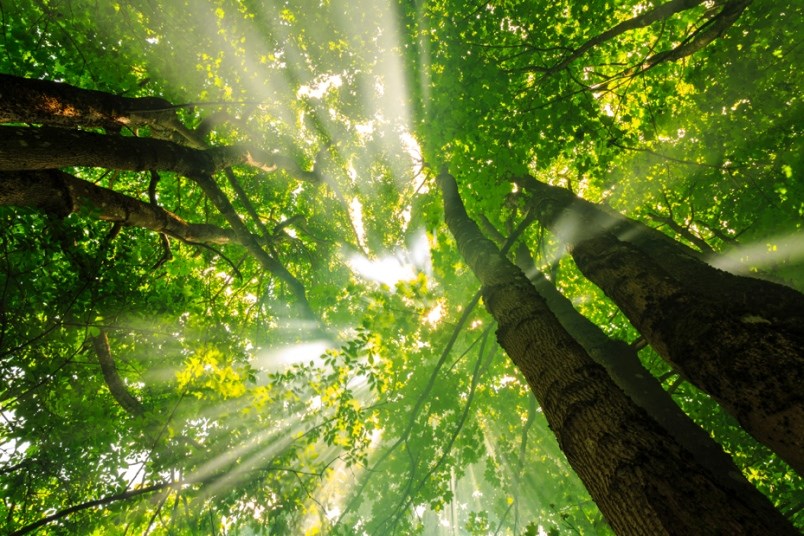BarrieToday welcomes letters to the editor at [email protected]. Please include your daytime phone number and address (for verification of authorship, not publication). The following letter is from a Barrie resident outlining ways she believes the city could reduce greenhouse gases.
*************************
My ideas for greenhouse gas (GHG) reduction for the City of Barrie are mostly based on observations of activities taking place around the city.
• The complete unnecessary use of incredibly loud pollutant spewing leaf blowers not only increases the GHG load in our community, but they dramatically increase the constant urban rumble which has been a linked to anxiety, depression, heart disease, and stroke.
Using rakes like we used to be a win-win-win as the person will get good exercise, brooms do not make alarming ear-piercing sounds, and brooms do not spew out nasty pollutants.
• If we significantly increase the number of naturalized areas in Barrie, we will greatly reduce GHG as the need to mow will be reduced accordingly.
• Where the new pedestrian walk runs from Victoria Street to the playground, the city had chosen lovely fuchsias and fox tails; unfortunately, since they are not winter hardy, the city spent a great deal of time and effort digging them all up at the end of September. The result has been when you walk along the pedestrian sidewalk there is no visual interest, as all you can see is long bed of dark, dead-looking soil.
Instead, if they had planted some sort of winter-hardy perennials — shrubs, bushes, flowers, etc. — interspersed with annuals it would be a win-win-win as it would free up workers for other important jobs and create less pollutants (GHG) in the air as trucks would not have to drive to the area every spring and fall.
• The city should explore every avenue to make sure that every business, every organization and every apartment, etc., participate on the city’s composting program. Twenty per cent of all methane gas comes from compostable materials deposited in our landfill sites.
• The city should become involved in as many tree-planting initiatives as possible. Residents should be encouraged to reduce their lawn area, increase gardens, and plant as many trees as possible.
• When the city plants coniferous trees they should keep in mind that the survival rate of evergreens increases dramatically if they are planted in groups of three or more. Standalone evergreen trees lose a great deal of moisture on sunny winter days; whereas, groups of evergreen trees help shade each other, thus resulting in less moisture loss. Experts agree that ecologically healthy cities need a 40 per cent urban canopy. Unfortunately, most cities have been 20 and 25 per cent.
• The city should start a campaign to educate residents on the negative impacts of drinking water from plastic bottles. Every time we make the decision to drink water from a plastic bottle, rather than from city-treated water from a tap, we are directly responsible for increasing the GHG in our community. Not only are the massive trucks delivering the bottled water spewing out GHG, clogging up the highways, causing extra stress on the roads, but Nestle is responsible for extracting water from Ontario wells, even during severe drought. Water should be for life, not for profit.
By implementing the above suggested initiatives, we will end up with healthier landscapes as well as healthier people.
The bold actions you take today will determine if our children and our children’s children will embrace a future with hope and optimism or face a future filled with fear and dread.
Gwen Petreman
Barrie
*************************



